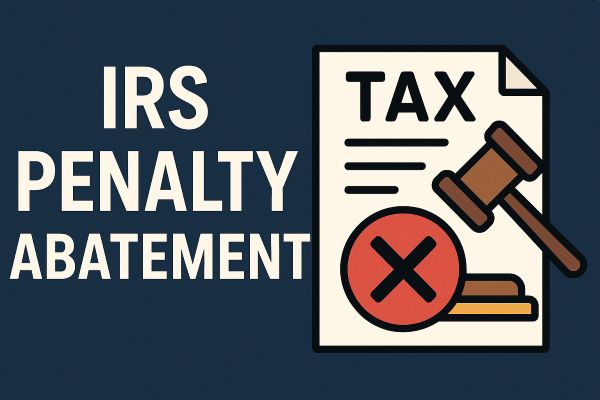What is Texas Franchise Tax?
Texas franchise tax is a privilege tax imposed on each taxable entity formed or organized in Texas or doing business in Texas.
Previlege tax: A privilege tax is a tax levied in exchange for a privilege or license granted to the taxpayer. One common type of privilege tax is the franchise tax. Franchise or privilege tax is a tax certain business owners have to pay to conduct business and operate in a state. Some states charge this tax for the privilege of doing business in a state.
Who Must Report Texas Franchise Tax?
All entities must file a report, even if no tax is due. (Even no revenue at all!)
- Corporations
- Limited liability companies (LLCs), including single member LLCs (SMLLCs) and series LLCs
- Banks
- State limited banking associations
- Savings and loan associations
- S corporations
- Professional corporations
- Partnerships (general, limited and limited liability)
- Trusts
- Professional associations
- Business associations
- Joint ventures
- Other legal entities
Sole proprietorships are not required to file or pay franchise tax.
If your business entity make more than $1,230,000 in 2023, you may have a franshise tax due. (For 2024 and 2025, total revenue threshold is incresed to $2,470,000)
Texas Franchise Tax Due Date
The annual franchise tax report is due May 15.
If May 15 falls on a weekend or holiday, the due date will be the next business day.
How to Calculate Texas Franchise Tax
Tax Rates, Thresholds and Deduction Limits
For 2023
| Item | Amount |
|---|---|
| No Tax Due Threshold | $1,230,000 |
| Tax Rate (retail or wholesale) | 0.375% |
| Tax Rate (other than retail or wholesale) | 0.75% |
| Compensation Deduction Limit | $400,000 |
| EZ Computation Total Revenue Threshold | $20 million |
| EZ Computation Rate | 0.331% |
For 2024 and 2025
| Item | Amount |
|---|---|
| No Tax Due Threshold | $2,470,000 |
| Tax Rate (retail or wholesale) | 0.375% |
| Tax Rate (other than retail or wholesale) | 0.75% |
| Compensation Deduction Limit | $450,000 |
| EZ Computation Total Revenue Threshold | $20 million |
| EZ Computation Rate | 0.331% |
How to Calculate Texas Franchise Tax
Texas franchise tax is based on the entity’s margin.
For wholesalers and retailers, Taxable margin X 0.0375 – Credits – Discount
For other taxable entities, Taxable margin X 0.0750 – Credits – Discount
You can download Texas Franchise Tax Online Calculation Form, and find your entity’s margin and tax due.
Please click the button below and download Texas Franchise Tax Online Calulator Form (PDF).
How to File Texas Franchise Tax
You can file and pay your Texas Franchise Tax online through the Texas Comptroller’s website. Here are the steps:
- Go to the Franchise Tax page.
- Click “webfile eSystems Login.”
- Enter your username and password. You can create an account by clicking “Sign Up.”
- Once you’re successfully logged in, click “WebFile/Pay Taxes and Fees.”
Penalties for Late Filing and Payment
Late filing and payment of franchise tax can result in penalties and interest
Late Filing
If a business fails to file its franchise tax report by the due date, it may be subject to a late filing penalty. The penalty is typically a percentage of the tax due, and it increases the longer the return is overdue.
Late Payment
If a business fails to pay its franchise tax by the due date, it may be subject to a late payment penalty. Like the late filing penalty, the late payment penalty is typically a percentage of the tax due.
In addition to the late payment penalty, interest is usually charged on the unpaid tax from the due date until the date of payment.
Conclusion
Understanding franchise tax is crucial for businesses operating in states like Texas. It’s important to stay informed about the tax rates and deadlines to avoid penalties and keep your business in good standing.
If you need more information about franchise tax in Texas, you can visit the Texas Comptroller of Public Accounts website.



